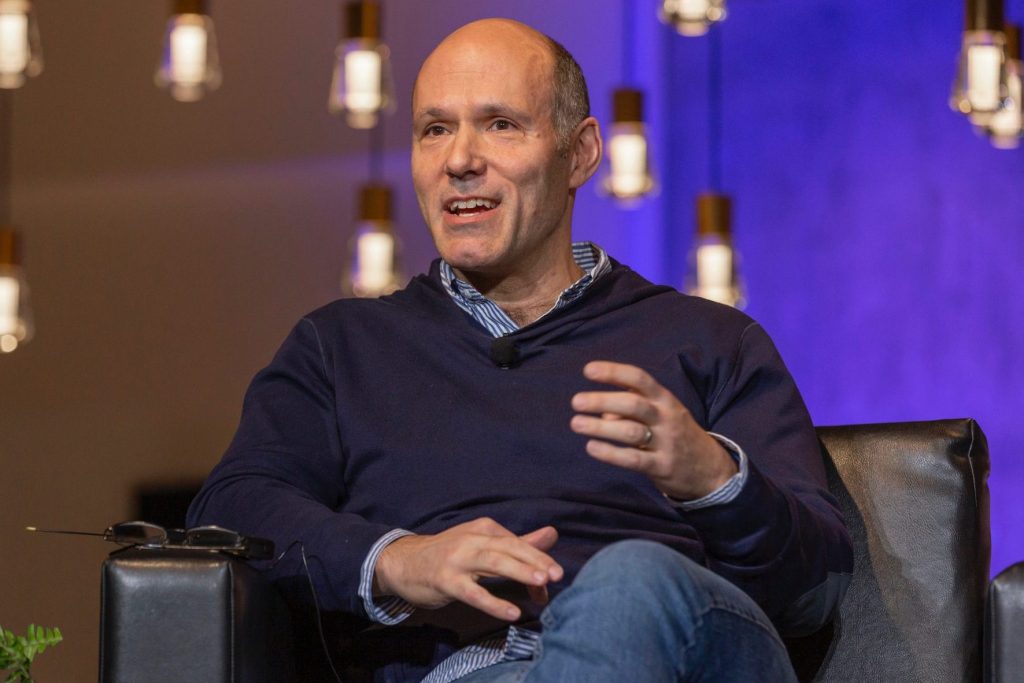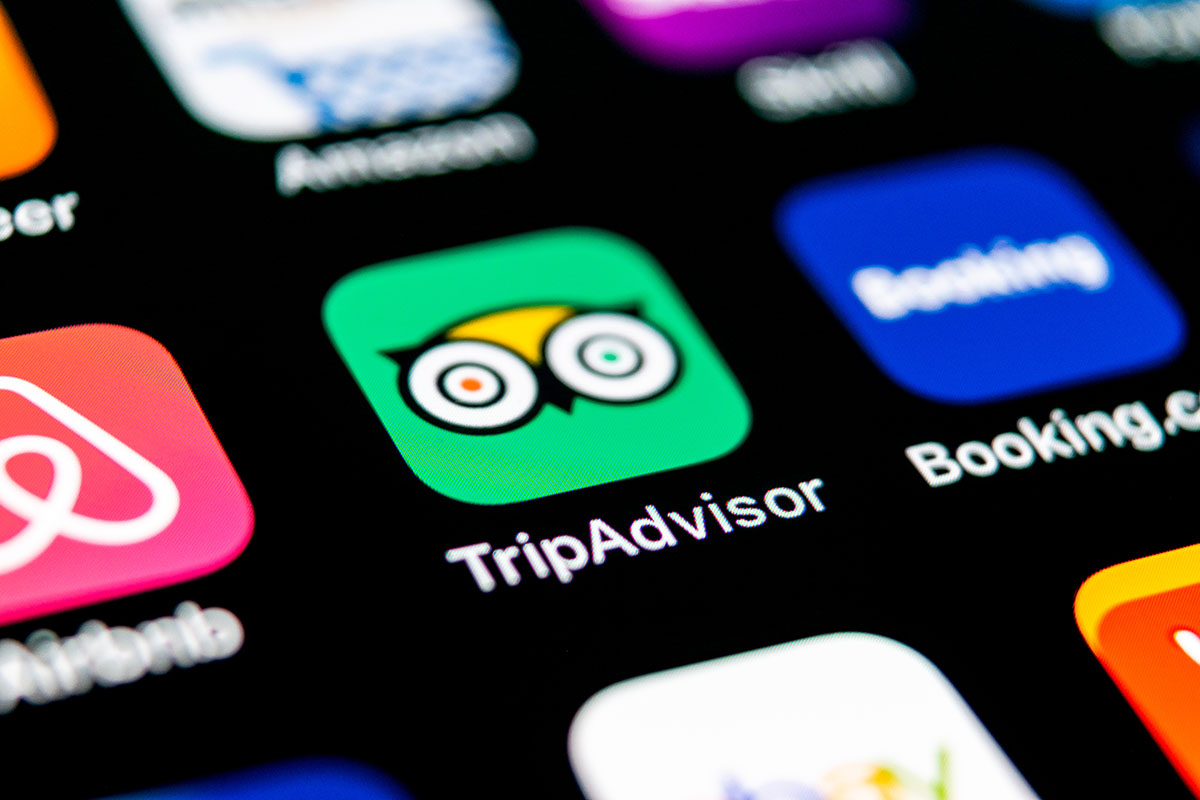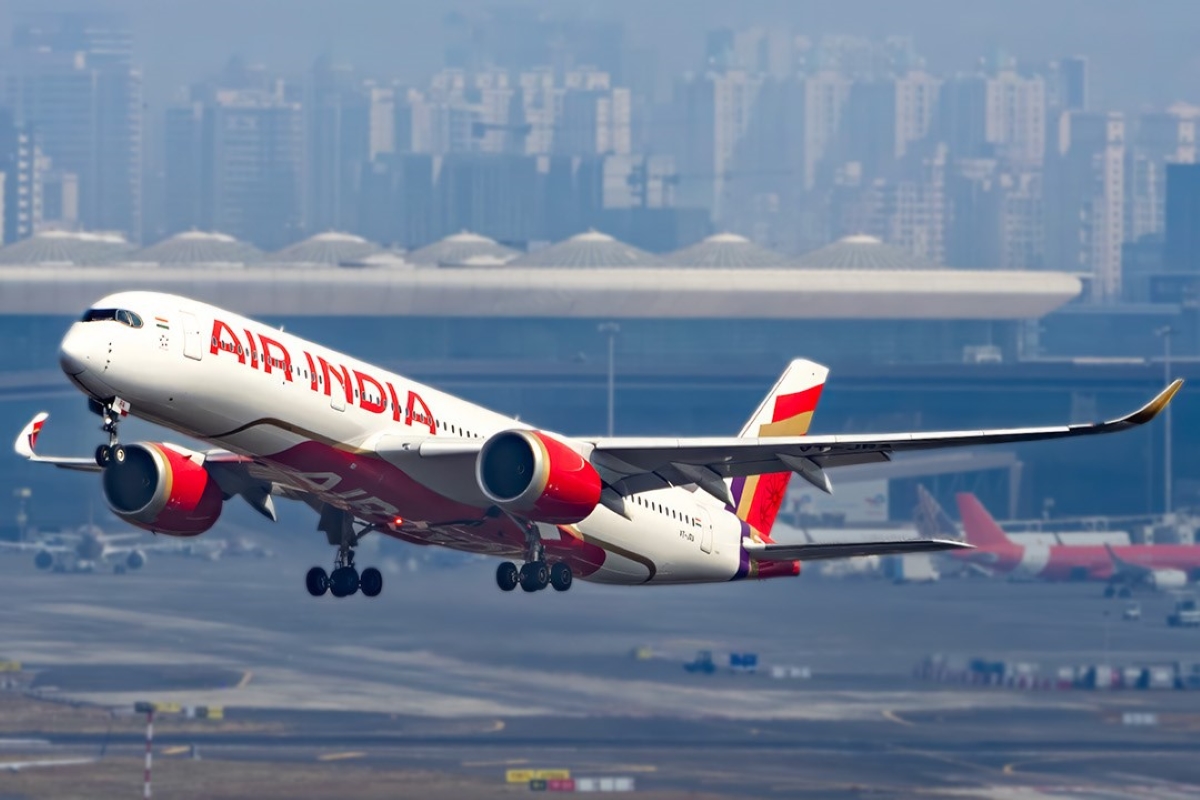Expedia CEO Details Anti-Google Game Plan

Skift Take
In his first earnings call as CEO, Expedia Group’s Peter Kern said Google and others have tried to “disintermediate us,” and he laid out plans in broad terms to reset how the online travel company conducts its performance marketing.
Seeing the coronavirus crisis present an opportunity for Expedia Group to reset its marketing approach because its performance marketing will be starting from near-zero, Kern said Wednesday during the company’s first quarter earning call that its marketing efforts across all its subsidiaries has been centralized. That’s so that brands won’t be competing in Google auctions against one another.
In the past, Expedia and its sister brand Hotels.com might competed at times in Google auctions against one another, driving up the cost-per click for each.
If it seems like it would be a no-brainer ensuring your own brands aren’t competing against another in search engine marketing, then guess again because that’s the way Expedia Group and rival Booking Holdings, both with multiple brands listed on their respective “About Us” pages, have traditionally operated.
Kern said Expedia has been over-reliant on performance marketing, and will be more disciplined in the future “to only chase valuable growth, not performance marketing.” He said Expedia hopes to use performance marketing only when it can secure attractive returns on investments.
Get the Latest on Coronavirus and the Travel Industry on Skift’s Liveblog
Expedia, which secured about $4 billion in private equity financing to enhance liquidity during the coronavirus crisis, may have some advantages in brand marketing during a recovery because perhaps there will be fewer players competing, and those left standing may have diminished resources to commit, Kern said.
In saying that Google was trying to disintermediate Expedia, Kern may have been referring to the company’s performance in the the third quarter of 2019. In November, then-CEO Mark Okerstrom blamed part of the company’s poor performance on Google diverting formerly free traffic to its own travel products, forcing Expedia to use Google’s higher cost paid channels.
The company’s new CEO, Kern, who was appointed to the position after serving in an interim capacity in late April, said Expedia has done a subpar job on centralizing and using all of the customer data at its disposal, and hasn’t been good enough at customer retention.
He said the company’s recent reorganization will help in optimizing use of that data. Since the Covid-19 pandemic has almost eliminated Expedia’s spending on performance marketing, there is an opportunity when the time is ripe to reboot it and be more concise, test and learn, and rein in spending, Kern said.
Vrbo’s Role in Recovery?
Expedia officials said that the trough for the company in terms of demand was late March and into April, and there is some growth in May, but from very low levels.
Kern said the company is seeing “markedly better performance,” from Vrbo, its struggling vacation rental business, and that it could have a substantial advantage over the competition because of its focus on whole homes away from congested, urban areas.
But Kern emphasized that Expedia Group is well-positioned for the post-coronavirus recovery whether it take place in a particular region or country, and regardless whether it is vacation rentals or hotels that come back first.
He also predicted that suppliers — namely hotels and airlines — will lean into using platforms like Expedia to spur demand in the beginning stages of the recovery.
During the first quarter, Expedia Group saw a net loss of $1.3 billion with much of it to do with the global collapse of the travel market. Revenue dropped 15 percent to $2.2 billion.
Expedia took impairment charges in the first quarter of $765 million for Vrbo and Trivago, and another $121 million related to the diminishing value of certain trade names.





